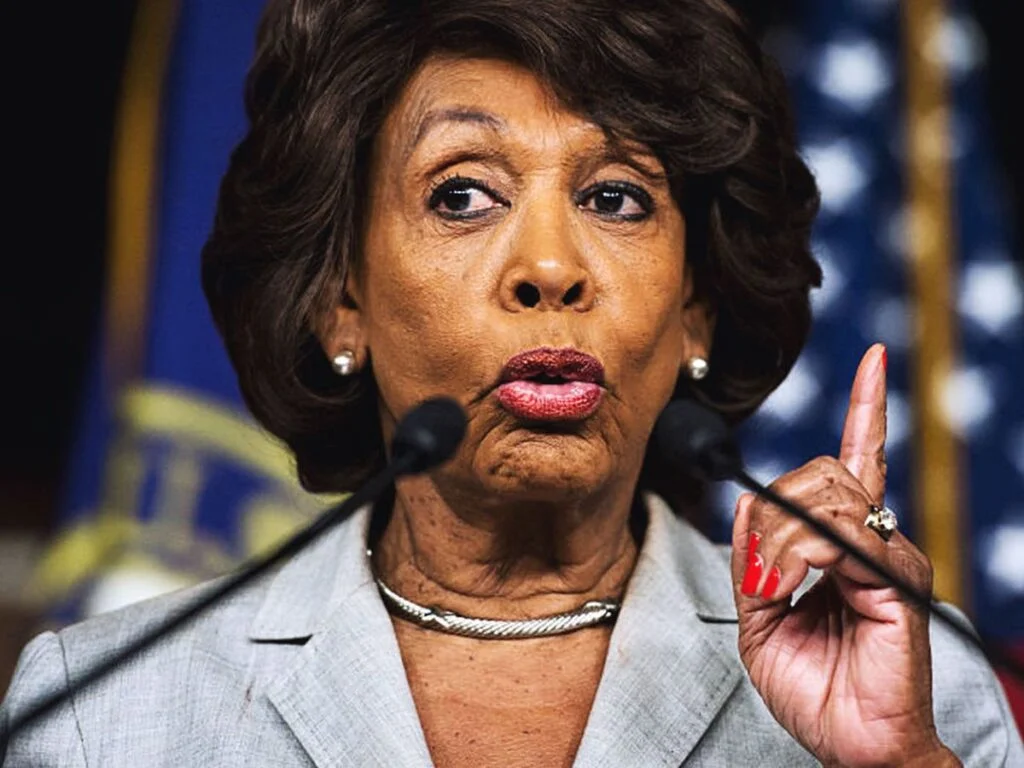Meta’s intentions regarding digital currencies are called into doubt by Maxine Waters in light of their filing of five new crypto trademarks.

The oversight of Meta Platforms, formerly referred to as Facebook, is currently being conducted by the Chair of the House Financial Services Committee, Congresswoman Maxine Waters.
Meta is covertly expanding its presence in the digital assets sector, notwithstanding prior setbacks and assurances of delayed progress in digital currency. This is in response to Waters’ investigation into Meta’s recent conduct about blockchain technology and cryptocurrencies.
Meta’s Applications For Trademarks Raise Questions
Five trademark applications submitted by Meta to the U.S. Patent and Trademark Office (USPTO) are paramount to Waters. The variety of services these applications provide—from cryptocurrency trading to social networking—suggests that Meta remains interested in integrating digital currencies into their platforms.
Meta’s prior correspondence with the Financial Services Committee, in which it declared a complete halt to any activities associated with digital assets, renders this action unexpected.
Concerning digital currency, Meta has encountered numerous regulatory obstacles. In 2019, their inaugural endeavor involving the Libra (later renamed Diem) project faced substantial opposition from legislators and regulatory bodies, including Waters.
The project, which aimed to introduce a stablecoin tied to the company, raised concerns over privacy, security, and the potential for widespread financial disruption.
Notwithstanding its eventual demise and subsequent sale to Silvergate Bank, Meta’s ongoing endeavors indicate a resurgence, albeit covert, curiosity within the realm of digital currencies.
Maxine Waters Questions Meta
Waters entreats Meta CEO Mark Zuckerberg and COO Javier Olivan in a letter requesting clarification regarding the organization’s objectives and strategies concerning digital currencies.
The inquiry she has made specifically targets the evident inconsistency that exists between Meta’s ongoing trademark applications and their prior communications.
Waters examines the broader ramifications of these initiatives in the absence of a comprehensive federal regulatory framework for digital assets, in addition to their intrinsic characteristics.
Waters’ evaluation of Meta is an element of a broader discourse surrounding the entry of major technology companies into the digital currency industry. Her prior investigations into corporations such as PayPal illustrate the legislators’ increasing apprehension regarding the unregulated foray of large technology companies into the financial sector.
These endeavors are further complicated by the need for a robust regulatory framework, which raises concerns regarding privacy, consumer protection, and the overall stability of the financial system.
